
The national conversation, to the extent we have one, is consumed with worry over a possible degree or two of temperature rise a few decades hence, or the need for a constitutionally entrenched Indigenous voice even though there already are 11 individual Indigenous voices in our parliament, rather than the real possibility of widespread blackouts within two years and growing risk of a major war in our region.
First, it’s so rare to have such a departure from economic groupthink, which only underscores Banks’s bravery. Second, it was such a comprehensive critique of the dearth of sensible economic policy for more than a decade that it was rightly widely noticed. But third, the fact warnings such as his end up as the proverbial water off a duck’s back to the political class, and the business elite more generally, highlights the leadership drought we’re in.
What Banks said was extraordinary and singular, yet it has been almost completely ignored in Canberra. Anthony Albanese and Peter Dutton, normally subject to a daily grilling on every imaginable topic, were barely questioned about Banks’s critique of our recent economic performance. It’s as if a sailor on watch on the Titanic had screamed “Iceberg ahead”, only for the officers on the bridge to carry on regardless. Perhaps the deafening silence in response from the collective national leadership is a mark of guilty embarrassment?
I can’t recall a more scathing assessment from a senior former public servant, especially one who helped to drive the reforms of the Hawke and Howard eras on which our subsequent prosperity has been based.

Banks said Australia was going backwards on energy, industrial relations, tax and government spending, with the public losing confidence in democracy. His energy broadside didn’t miss: “the monumental bungling of the so-called energy transition”, he said, had seen governments “maximise the cost to the nation of reducing emissions” while evidence-based policy had been abandoned in favour of what he called “simple-minded belief”. So much so, he said, that the 24/7 electricity on which modern life depends had become “an unreliable luxury”.
The basic problem, he said, was that we had become incapable of having a sensible conversation about any serious subject.
On energy in particular, “we are in a situation where it’s become impossible to openly discuss the best way forward”, he said. “Any attempt to use evidence or logic immediately brands you as a ‘denier’.” In Ukraine, he said, “power stations are destroyed by Russian missiles. In Australia we blow them up ourselves. And we do this without having a way to replace the critical 24/7 service they provide.” And if “that’s not bad enough”, he said, “our governments are making it hard for gas to step into the breach – and are dismissing nuclear out of hand”.
Here’s Banks on workplace policy: “On the one hand, we have been busily eliminating our comparative advantage in energy, while on the other we are reviving our traditional disadvantage with respect to labour.”
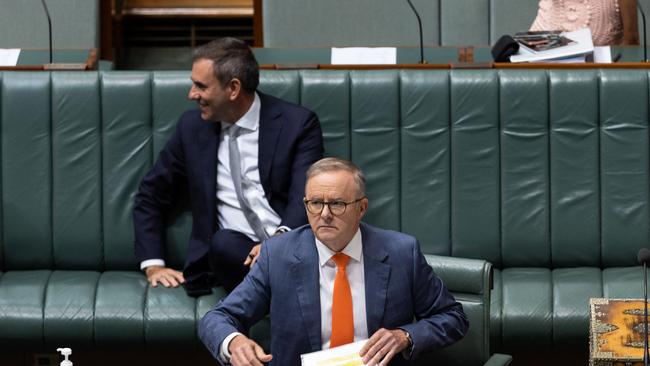
And on government spending: “While education spending has gone up a lot, student attainment has gone down, at least by OECD standards. Health spending has continued its upward trajectory, but indicators of performance continue to languish. Then there’s the fiscal sinkhole called the NDIS, a painful lesson about the unintended consequences of policy on the run.” His conclusion from this masterly survey of the recent policy wasteland: “I never thought the sovereign risk issues prevalent in certain Third World or socialist countries would one day afflict my own.”
But here’s the challenge. Is there any contender for government proposing to reverse policy on any of these issues? Essentially, green-left Labor, so unlike the Labor of Bob Hawke and even Paul Keating, is an enthusiast for all this folly. And the Coalition, frightened by focus groups, is not much better.
Jim Chalmers may have done his political science doctoral thesis on Keating (Brawler Statesman, it was called) but the contrast between a treasurer (and prime minister) who deregulated financial markets, floated the dollar, began privatisation, largely tamed union power and helped deliver the last federal Labor surplus (in 1987) and one who wants to reinvent capitalism could hardly be greater.
Still, it was Hawke-Keating Labor, with its understanding that workers couldn’t flourish unless their employers did too, that was the aberration. With his penchant for spending, taxing and regulating, Chalmers is a reversion to Labor type.
The Hawke-Keating reforms were largely supported by the Coalition opposition of the time. By contrast, the reforms of John Howard and Peter Costello – the GST, work for the dole, privatising Telstra, and individual workplace contracts – were achieved in the teeth of fierce Labor opposition.
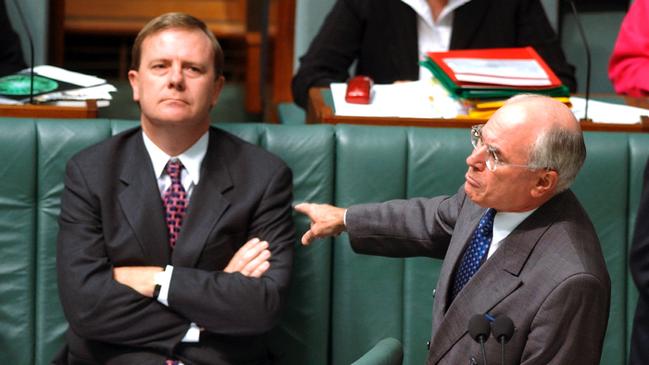
In the sense that it’s so out of normal character, it’s the Coalition that’s more culpable for the subsequent drift into policy irresponsibility. If there’s no longer much faith in small government and private wealth creation, that can hardly be the fault of the Labor Party, which never really believed in it, but true Liberals should hang their economic head in shame. Tony Abbott was the last Coalition prime minister or premier who could be described as an economic reformer, with his scrapping of the carbon and mining taxes, annual red-tape repeal days and free-trade deals with our biggest economic partners.
The 2014 budget, with its Medicare co-payment (which foresaw the bulk-billing crisis we’re now in), earn-or-learn requirement for school-leavers and lower indexation for social security benefits was the last serious attempt to reduce the size of government. Since the gutting of that budget, and Abbott’s subsequent defenestration, the Coalition almost entirely has lost any appetite for economic reform.
The Turnbull government’s principal legacies are the NBN and Snowy 2.0, with their monumental cost blowouts. Then there was the proposed national energy guarantee that was an attempt to find common ground with the Labor states and ultimately cost Malcolm Turnbull his job.
And the Morrison government’s response to the pandemic was the greatest expansion of government and restriction of freedom in peacetime history, compounded by the fact a centre-right prime minister did almost nothing to push back against authoritarian premiers.
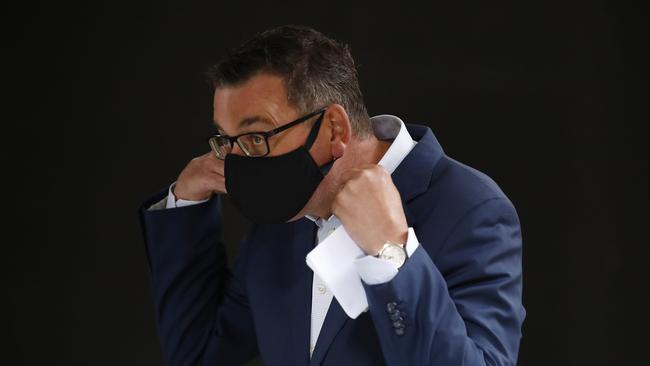
As we now see with Wednesday’s release of Freedom of Information documents, much of the response from states such as Victoria was driven by polling, not good governance, with the fear narrative allowed to dominate so long as funding from Canberra masked the economic devastation caused by lockdowns. That the political class – state and federal – still to this day refuses to hold a proper inquiry into Australia’s pandemic response shames us all.
If we can’t be honest about what we got right, and what we didn’t, heaven help us on the other challenges ahead.



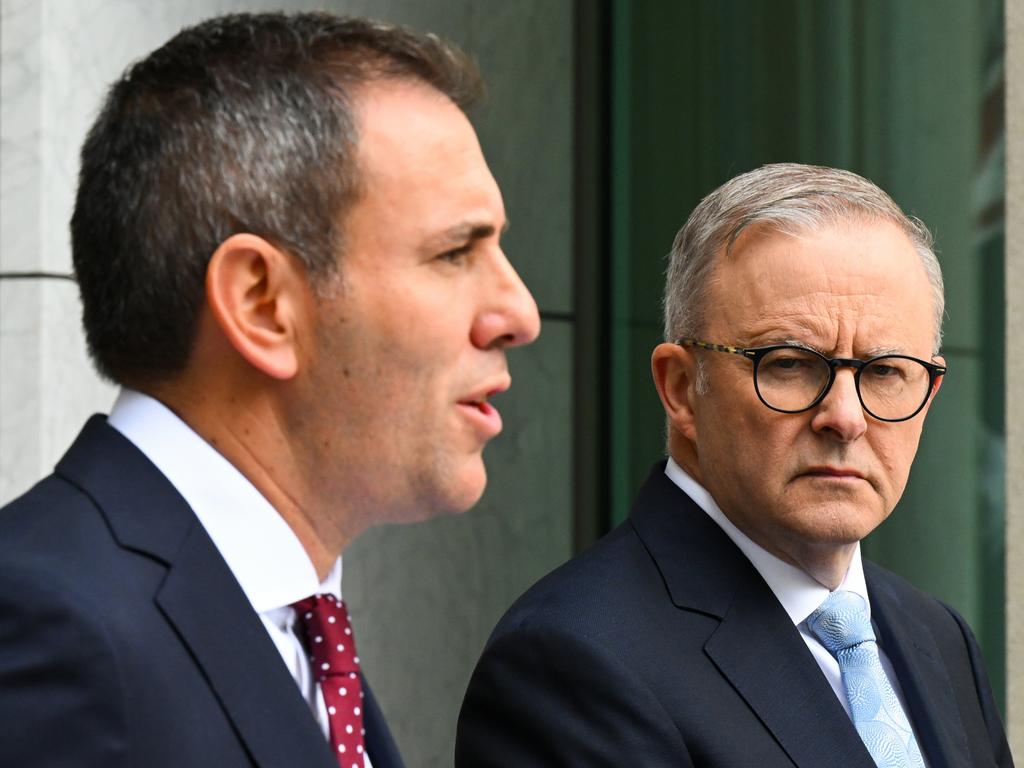

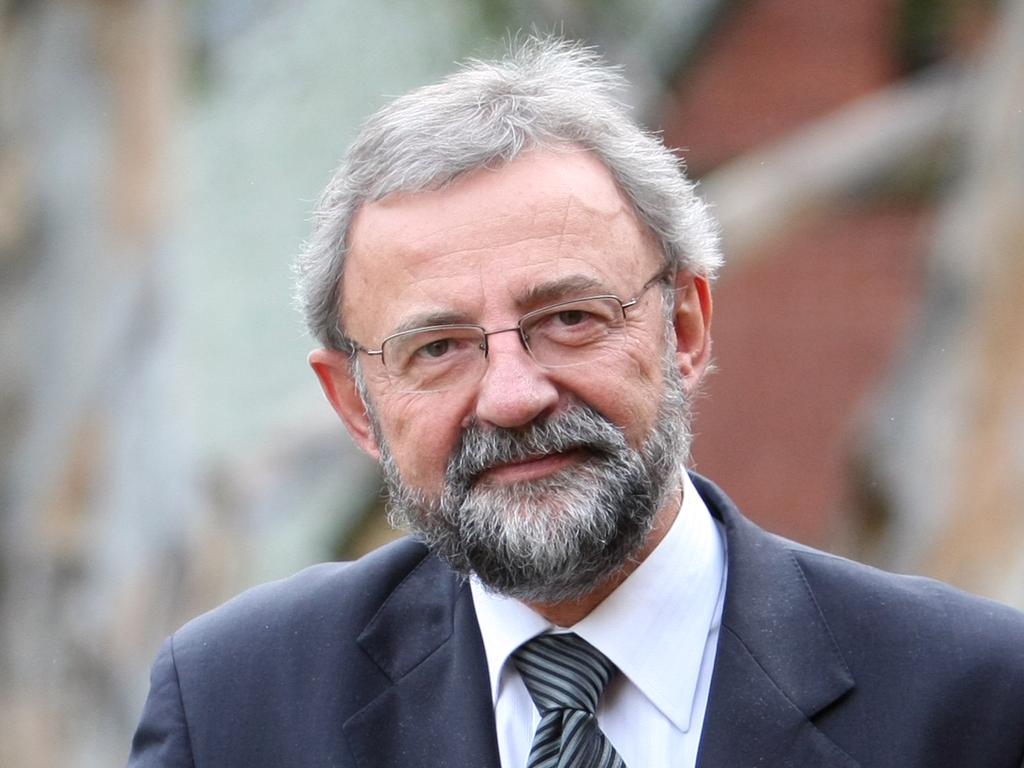


As the city of Constantinople was threatened by the Ottoman horde, it’s said, the Byzantine establishment was arguing over the sex of angels. Our country is not under any immediate and direct existential threat, yet there’s an equal lack of seriousness about our policy debate.